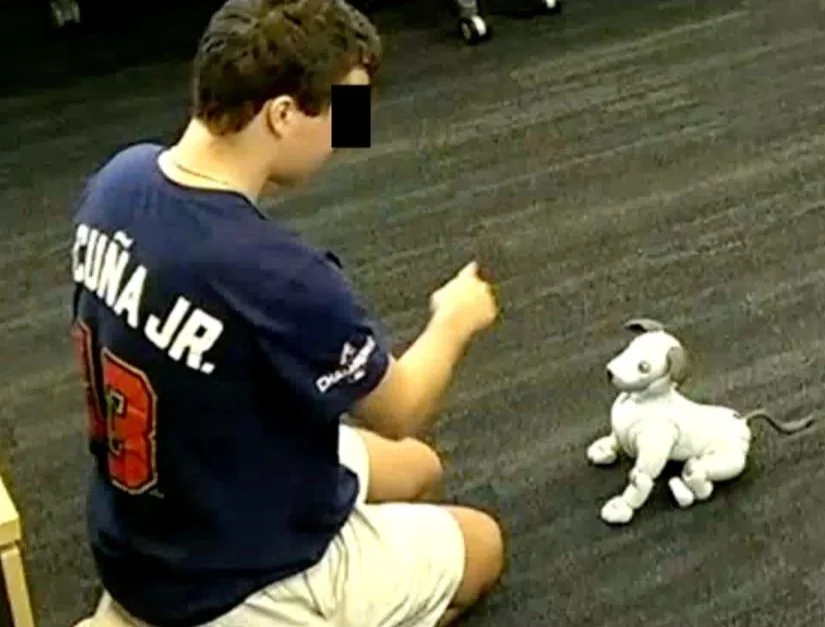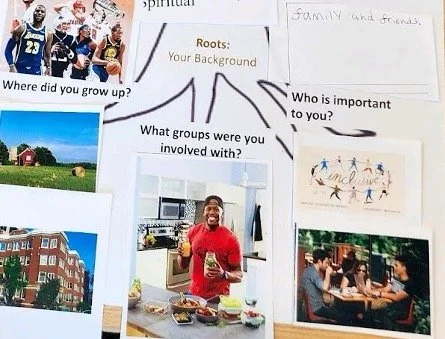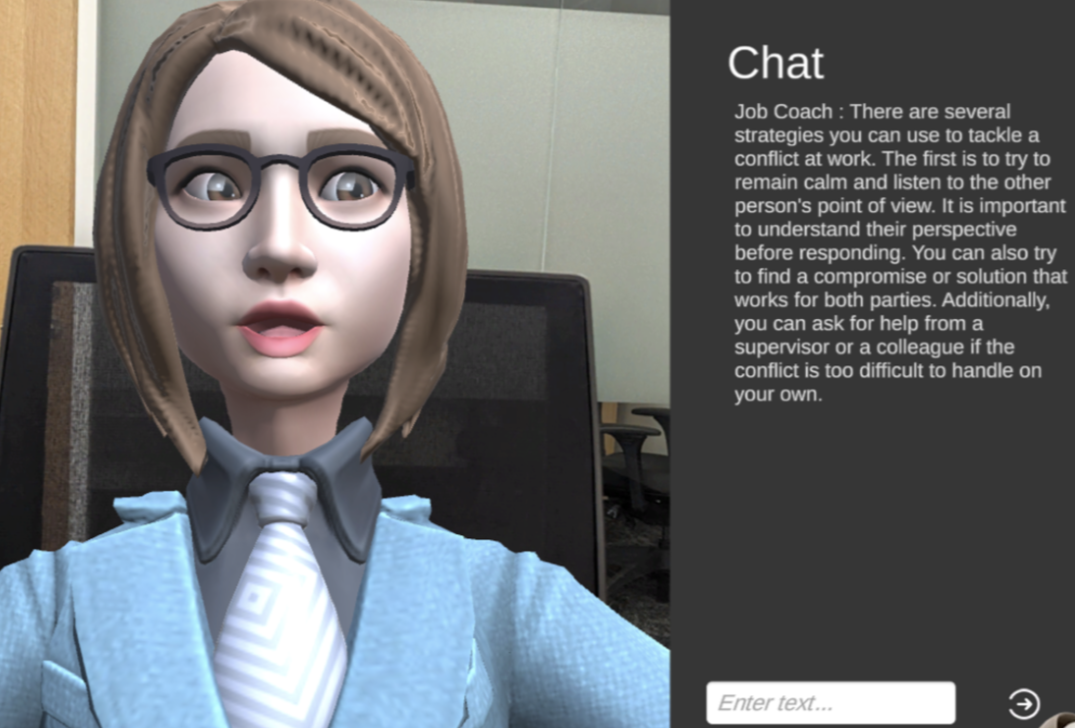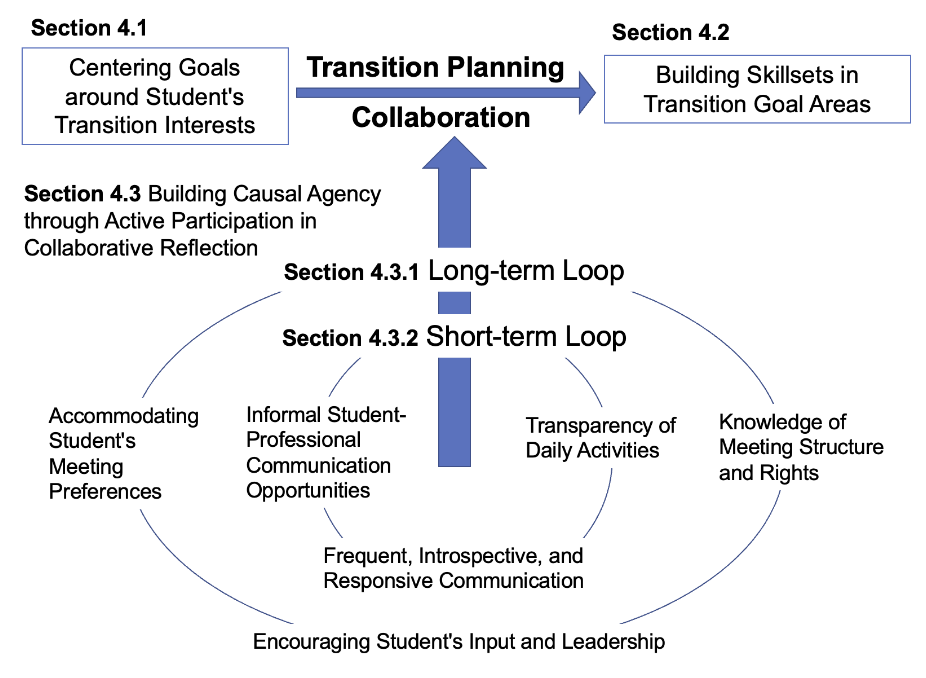Rachel Lowy
PhD Candidate in Human-Centered Computing at Georgia Tech, advised by Jennifer Kim.
My research asks how technology can foster meaningful learning and communication for neurodivergent people. I focus on co-designing in partnership with users to ensure design outcomes that reflect neurodivergent lived experiences. My current research focus is on integrating AI-driven solutions, such as Large Language Models (LLMs), to create educational environments that support and engage neurodiverse learners.
Before pursuing a PhD, I worked as a speech therapist in private clinics, public schools, and on research intervention teams. Working on projects at the University of Washington Autism Center and Institute for Learning & Brain Sciences (I-LABS) fueled my interest in pursuing research goals centered on designing for a wide spectrum of users.
Visit my Google Scholar.
Research Interests
I am interested in designing technology that empowers neurodivergent users by promoting agency and understanding between themselves, their families, and community members. A key focus of my work is understanding how AI and other emerging technologies can strengthen connections between people rather than replacing them. Implementing participatory and co-design methodologies is critical to my work, in order to ensure that designs align with user priorities rather than contributing to existing stereotypes and biases against neurodivergent people..
Classes
CS 3751: Intro to User Interface Design | | TA (Spring 2024)
CS 8001 OLM: Large Language Models | TA / Instructor (Summer 2024, Fall 2024, Spring 2025, Summer 2025, Fall 2025)
INTD 3020P Collaborative Design | Instructor (Spring 2023, Spring 2025)
Featured Projects
LLMs for Inclusive Higher Education
Enhancing accessible higher education for students with IDD using LLMs to personalize coursework modifications based on Universal Design for Learning.
I am currently collecting data for this project as part of my dissertation.
Selected Publications
Working Together Toward Interdependence: Chatbot-Based Support for Balanced Social Interactions Between Neurodivergent and Neurotypical Individuals
(PDF) | CHI 2025
Co-designing Robot Dogs with and for Neurodivergent Individuals
(PDF) | ASSETS 2024
Research-Education Partnerships: A Co-Design Classroom for College Students with Intellectual and Developmental Disabilities.
(PDF) | CSCW 2024
Designing for Strengths: Opportunities to Support Neurodiversity in the Workplace
(PDF) | CHI 2024
Understanding Online Job and Housing Search Practices of Neurodiverse Young Adults to Support Their Independence.
(PDF) | CHI 2024
Toward Inclusive Mindsets: Design Opportunities to Represent Neurodivergent Work Experiences to Neurotypical Co-Workers in Virtual Reality.
(PDF) | CHI 2023
Building Causal Agency in Autistic Students through Iterative Reflection in Collaborative Transition Planning.
(PDF) | CSCW 2023
Breaking down the visual barrier: Designing data interactions for the visually impaired in informal learning settings
(PDF) | CSCL 2023








